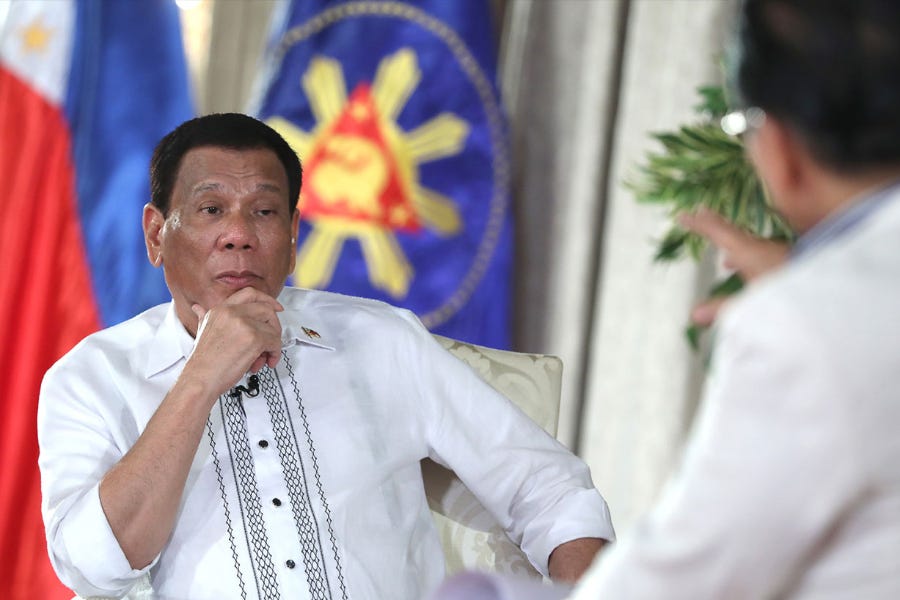Philippine bishops see hope for justice in Duterte arrest
'For years Duterte has claimed that he is ready to face the consequences of his actions. Now is the time for him to prove it,' the country's bishops say.
Church leaders seeking justice for families of up to 30,000 victims of summary execution in the Philippines welcomed the arrest this week of former president Rodrigo Duterte.

Duterte, who led the Catholic-majority country …
